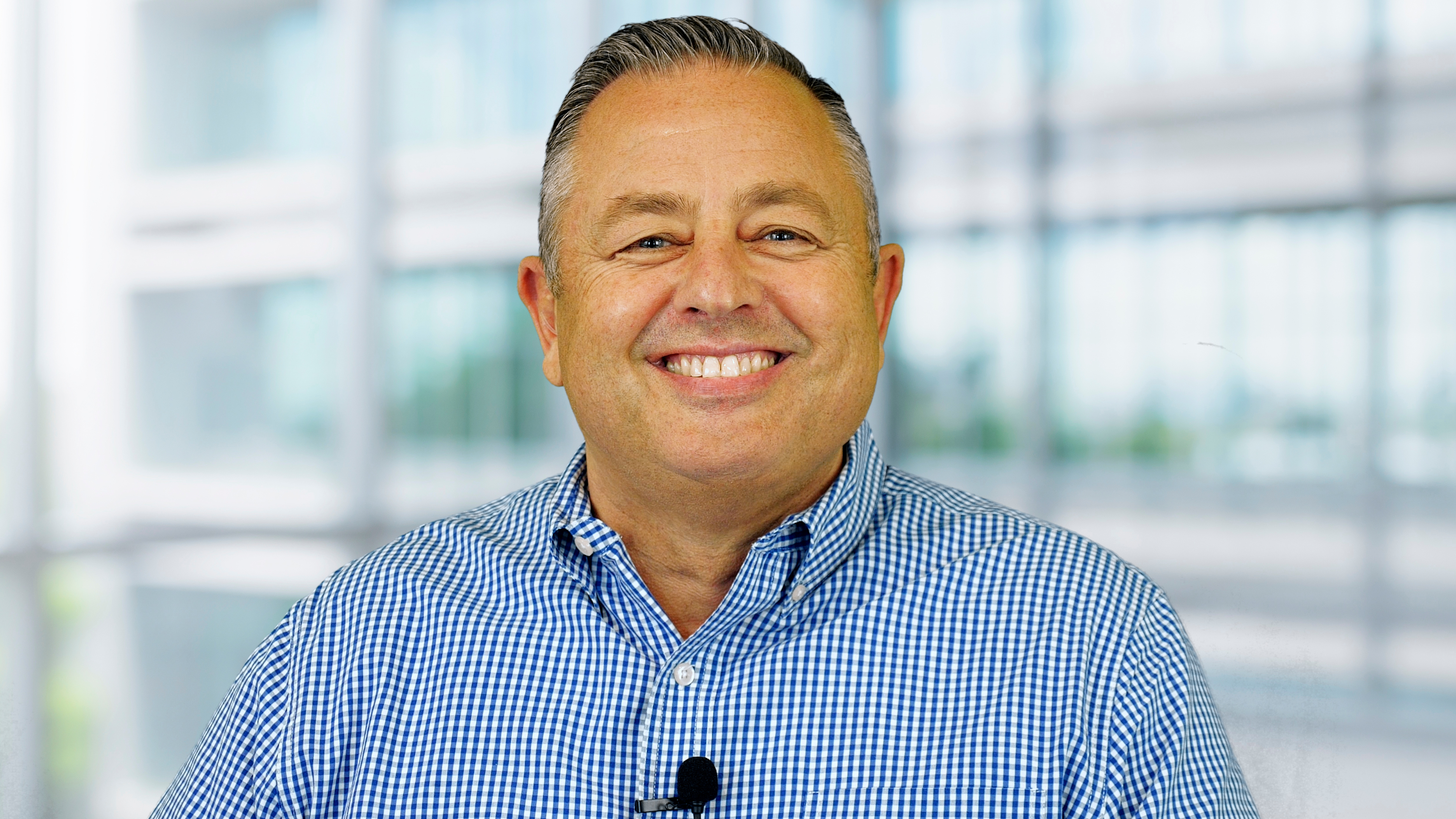
Published on November 13, 2024
Read Time: 3 Minutes
Three Things to Know
- Eddie Blaylock experienced an LAD heart attack, commonly known as a “widowmaker,” on August 11, 2020.
- Eddie received immediate care at the Phelps Health Emergency Department, which he credits with saving his life by stabilizing his condition before transferring him for further treatment.
- After his heart attack, Eddie participated in a cardiac rehabilitation program at Phelps Health to regain strength and improve his overall heart health.
Eddie Blaylock thought he was doing everything right. At 55, the Rolla resident worked out 6 days a week and ate healthy food. But on August 11, 2020, his life changed in minutes.
It started as a normal day. Eddie went to work, then headed to the gym with his wife for their usual workout. That’s when he noticed something felt off.
“I started feeling some heartburn,” Eddie said. “It went on for about 10 minutes, and I didn’t think much of it. I asked my wife if she had any antacids. She didn’t, so we decided to leave.”
On their drive home, Eddie’s “heartburn” turned into real chest pain. Worried, they drove straight to the Phelps Health Emergency Department (ED). The ED medical team acted quickly, immediately taking him into a room and beginning treatment.
What Eddie thought was heartburn turned out to be much worse – a type of heart attack known as a “widowmaker.” Specifically, he had a left anterior descending (LAD) heart attack.
Heart attacks happen when blood clots or plaque block an artery in the heart, cutting off the flow of blood. In the case of a widowmaker, the main artery supplying blood to a large part of the heart (the LAD artery) becomes blocked. Without quick treatment, many people don’t survive it.
The ED stabilized Eddie, and he was flown out for further treatment.
“They took great care of me,” he said of the ED doctors and staff. “Everyone who came into my room was focused and professional. The environment was very personal and caring. I can’t say enough great things about the Emergency Department.”
After returning to Rolla, Eddie began attending the Phelps Health Cardiac and Pulmonary Rehabilitation program, which greatly improved his cardiac health. He went to cardiac rehab three times a week and felt stronger and more capable with each visit.
“They [cardiac rehab staff] really encouraged me,” he said. “They started me slowly with stretching and treadmill work, and monitored me closely. I could see with each visit that my strength and cardio fitness were improving.”
With no family history of heart attack, and no major warning signs, Eddie didn’t think he was at risk of a cardiac event.
“I was very active and leading a healthy lifestyle,” he said. “I worked out 5 or 6 days a week and followed a healthy diet.”
In hindsight, he realized that his body had given him subtle signs of trouble.
“Looking back, I noticed I’d get out of breath quickly while cutting the grass, but I just assumed it was because of the heat,” Eddie remembered. “I never had any chest pains or other symptoms that would’ve sent me to the doctor earlier.”
Eddie urges everyone to take heart health seriously and to keep up with regular checkups. He encourages others to pay attention to changes in how they feel and not to ignore warning signs.
Eddie credits the quick, professional response of Phelps Health ED medical team with saving his life.
“I truly believe that the care I received at Phelps Health is why I’m here today,” Eddie said.
Take Control of Your Heart Health
Don’t wait for a warning sign to get serious about your heart. Whether you're active or not, regular checkups can help catch issues before they become life-threatening. If you're experiencing unusual symptoms, such as chest discomfort or shortness of breath, seek medical attention immediately. To schedule a heart health screening, call (573) 308-1301 or visit our cardiac services page to learn more.